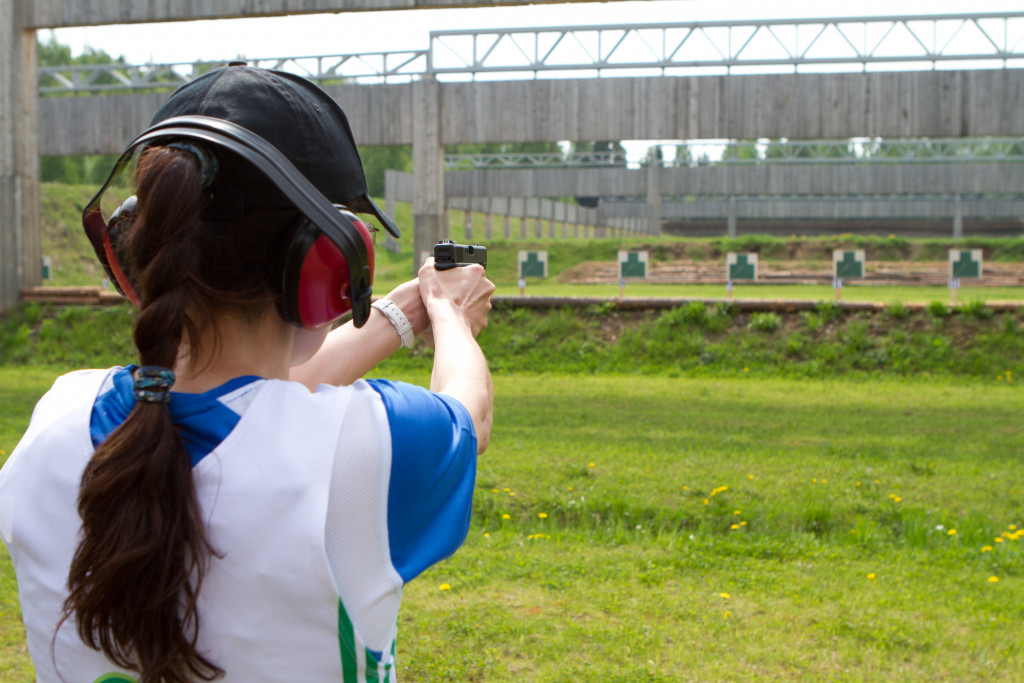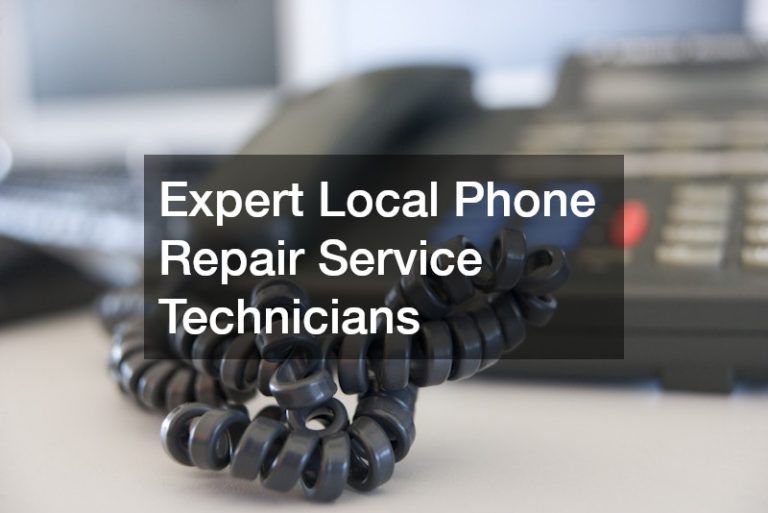When owning a small business, nothing is quite as lucrative or fun as operating a shooting range. Not only does one get to sell firearms and ammo, but customers can also rent guns and pay for target time. It’s a perfect trifecta of potential profit.
As with any other business venture, opening up a shooting range requires significant resources and is extremely competitive. Before launching a dream career in armament retailing, potential entrepreneurs may need to determine how much money it will cost them to open a range.
The Cost of Opening a Shooting Range
Shooting ranges typically belong to one of three types:
• Indoor/outdoor pistol ranges
• Outdoor rifle ranges (i.e., hunting clubs)
• Indoor/outdoor shotgun ranges
The initial investment will be contingent on which type of range one likes to open.
Let’s say one wants to open an indoor pistol range. Gun stores are considered a “high-risk business.” As such, it may require either $2 million in liability insurance or at least $250,000 in bonds.
For this reason, many newbie range owners decide against opening firearm-specific businesses. Most opt instead for sporting goods outlets that already have a customer base interested in firearms purchases.
While these specialty shops can’t handle rentals or sell ammo (it would violate federal law to do so), they can offer other complementary goods and services (e.g., targets, cleaning supplies) that will help them generate more revenue from their customers and attract new business.
Either way, the business may need to spend about $100,000 on renovations to get the store up and running. The exact amount will depend on how nice one wants it.
For instance, do they want to settle for a small storefront with basic lighting or hire an architect to design a sleek new space with high-tech ventilation systems?

One of the major advantages of opening up an indoor range is that there’s typically no limit to how large it can be. The business owner can even build upward if they have a big-enough lot. They may also save money in the long run and even generate more revenue if they invest in virtual shooting range solutions.
Consultants can develop ways to integrate these new types of tech into an existing system or help plan the space for maximization. These solutions also provide a fun, safe way to learn how to shoot, attracting a wider customer base.
Outdoor ranges must comply with local zoning ordinances concerning the minimum acreage required for such a business.
The latter will also require the purchase of land, which can get pricey but is often worth it if the business receives permission to add “No Trespassing” and other restrictive signs. They may also be allowed to put up “no hunting” signage without paying additional property taxes on the commercial sign(s).
Securing a License
All this is possible only if the business can secure a license from the local city or county government. To do so, they need to apply for an occupational license with the state’s Department of Justice (usually in the same building) before submitting their application and fee (typically $100 to $500) at city hall, although do note that permit or license requirements can vary per state, such as these rules from Ohio.
Most licensing fees are non-refundable. If the application gets denied, one may be out of luck.
If the city deems it “necessary” to have a shooting range in town (e.g., there are no other ranges within 100 miles), they’ll issue an occupancy permit and charge the business an annual fee based on the square footage.
This permits the shooting range to officially operate as a business in that municipality, requiring the business owner to spend money on signage, insurance, etc.
However, this also means that local law enforcement can come down on its operation at any time for violating state or federal laws concerning noise pollution and/or trespassing (i.e., firing a gun outside of the approved premises).
Finally, one should not forget about zoning requirements. Most municipalities have laws that prohibit the building of shooting ranges within a certain number of feet from schools, churches, etc.
If the shooting range plans to sell accessories (and/or offer rentals), it needs to acquire business permits and licenses for these activities. However, if one decides on an outdoor range, the business may expect to pay about $5 to $10 per hour for the use of city property—or roughly three to five times more than what private landowners typically charge.
Operating a shooting range requires significant capital and strict compliance with the laws to avoid trouble later. The good news is that there’s a steady demand, so with excellent marketing and planning, one can recoup their initial spending more quickly.












